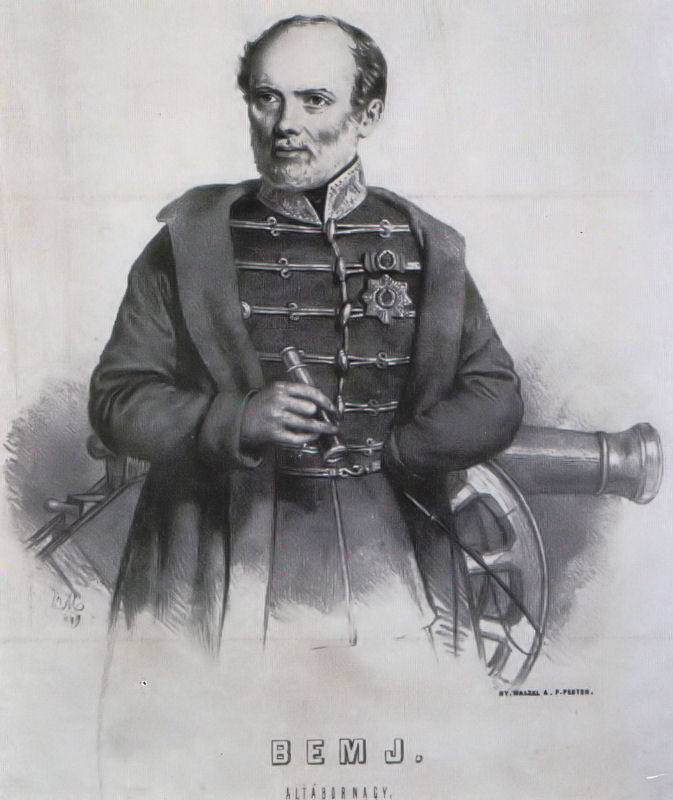A copy of the document granting the Hungarian military decoration to General Józef Bem (referred to as "Daddy Bem" in Hungary) has been officially transferred to the archives of the Museum of Polish History. Poles and Hungarians share a historical brotherhood and enduring friendship, often epitomized by the famous saying "Polak, Węgier — dwa bratanki" (Pole and Hungarian are two brothers). Throughout the annals of history, these two nations have been united by notable figures who have significantly contributed to strengthening this bond. Icons such as Stephen Báthory, Hedwig of Poland, Pál Teleki, and Wacław Felczak, along with the revered hero of both nations, General Józef Bem, have left a lasting mark on this extraordinary relationship.
On October 4th, the Minister of Culture and National Heritage of Poland, Piotr Gliński, handed over the document received from the Minister of Culture of Hungary to the director of the Museum of Polish History, Robert Kostro. Source: Facebook
The adjutant of Józef Bem, the Hungarian poet Sándor Petőfi, once said: "I owe Bem more than to a father. A father gave me life, but Bem gave me honor."

Source: public domain
Born on March 14, 1794, Józef Zachariasz Bem, also known as Murad Pasha, was a Polish engineer and general, recognized as a national hero of both Poland and Hungary. General Bem dedicated his entire life to the fight for freedom. Initially, he fought for Poland's independence, and later, he supported freedom movements during the Springtime of Nations in Hungary.
The legendary strategist took part in various historical events, including the November Uprising, the Springtime of Nations, and the Napoleonic Wars. Even during his lifetime, he became a legend due to his remarkable contributions and strategic prowess. He gained fame during the November Uprising, particularly in the victorious Battle of Iganie and the Battle of Ostrołęka, where he saved the Polish army from total defeat. For these achievements, he was promoted to the rank of general and awarded the Golden Cross of the Virtuti Militari order.
In November 1848, he was entrusted with the supreme command of the Hungarian army in Transylvania, engaged in the struggle against the Austrians. While commanding the army in Transylvania, Bem achieved a series of victories against the Austrian forces, nearly bringing the entire region under his control within three months. During the uprising, the Polish-born general was appointed the supreme commander of the Hungarian army. Unfortunately, the opposing forces had overwhelming numerical superiority. On July 31, 1849, he was defeated by the Russians at Segesvár, and the final defeat came in August at Temesvár. In the first of these battles, the renowned Hungarian poet quoted at the beginning of this article, Sándor Petőfi, lost his life.
Bem, wounded, led a portion of his troops into Turkish territory, where he made a surprising decision to convert to Islam and join the Turkish army. In 1850, in Aleppo, while commanding Turkish forces, he quelled an uprising by Arabs against Christians.
On December 10, 1850, he passed away from malaria. He was buried in a Muslim cemetery in Aleppo (in present-day Syria). In 1929, thanks to the efforts of the Polish government, General Bem's remains were brought back to his homeland. Along the way, in Budapest, the Hungarian nation paid tribute to Józef Bem. On June 30, 1929, with the support of a Hungarian ceremonial company, an honorary guard crossed the Polish border. The ashes of the general now rest in the Mausoleum in Tarnów.
(J)
